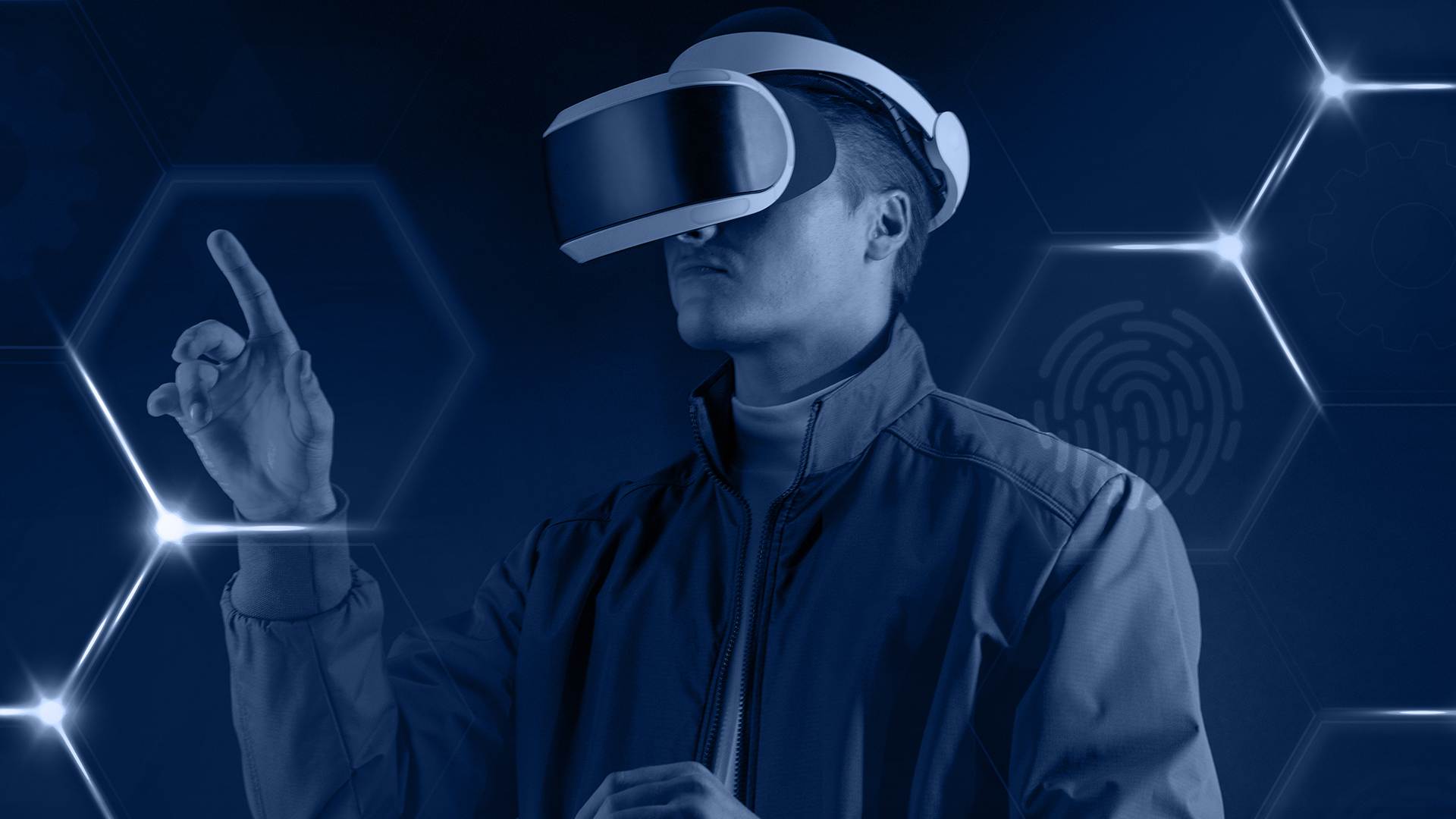
The idea of the metaverse has been lying just below the surface for a few years now, with mainly only big players in tech using the term frequently. Ever since Facebook’s metaverse, Meta, and that of Microsoft, Mesh, were launched, most people have been hearing a lot about it in their day-to-day lives. While it’s clear that the metaverse is set to become a huge stepping stone on the road to the future, what does it mean for other tech? Let’s discuss the possibilities the metaverse could bring to new virtual reality.
How are the metaverse and VR different?
The term ‘the metaverse’ was first used in Neal Stephenson’s 1992 novel, Snow Crash. His version described an internet space that could be shared using augmented reality and in a virtual world that resembled the realities of our own. The metaverse we describe today is basically the same. Instead of just using the internet to browse and use websites, we would use it as a world of its own and a location in a literal, physical sense, through which we can navigate.
You may be wondering, how is that actually different from a virtual reality though? A concrete answer, at the moment, seems to depend on who you ask; the definition is subjective depending on what it’s being used for, but there are still a few subtle differences between the two that are extremely important to recognise.
Virtual reality has become well-defined with time, whereas the metaverse is still very much finding the exactness of its identity. For example, we know that VR is a simulated image or environment that is three-dimensional and can be interacted with. The idea behind the metaverse is that it’s not simulated, but is a space in and of itself. But when it is described by Mark Zuckerberg as an ‘embodied internet’ where we will find (according to Microsoft) ‘digital twins of people, places and things,’ you can see how many people would be confused between the metaverse and a simulation, AKA virtual reality.
What could potentially set the metaverse apart is that it could be up to us, the users, to define it. Even though Facebook has rebranded as Meta, doesn’t mean they own the concept of what a metaverse is and could be. Neither does Microsoft, or any other players on the field.
Will the metaverse change virtual reality?
Definitely. When two things are operating in the same space at the same time, and have some crossover in terms of definition and function, it’s a given that they will impact each other. The metaverse and VR are no different. Here are our predictions for new virtual reality:
1. VR will become a more shared experience – Most virtual reality experiences take place with a VR headset or with VR-specific tech assisting adventures. They are usually used for gaming or training and are usually not a shared experience. If the metaverse spans the entire internet, including everything from events and multiplayer games to social media platforms, virtual reality as we know may find itself in hot water to compete. If you can take an asset from an online store into Facebook, a digital office and your favourite online game, with the opportunity to make money from it as you would with physical items in real life is a game-changer, and VR will have to change to keep up. Maybe what is already available will evolve to be able to include multi-users, or we could see the use of VR headsets repurposed for more flexibility online.
2. You will be able to access the metaverse in VR – Since there is so much overlap between the two, we predict they will definitely join forces in some way or another. You might be able to use your metaverse items across your virtual reality platforms, but the clincher would be the ability to enter and engage with whatever is happening in whichever part of the metaverse with your VR headset.
3. Virtual reality will become more accessible – Since the metaverse will be reliant on a decent internet connection alone, you won’t need much tech to get involved between that and a smartphone or personal computer, and most of us have at least one of each already. With the prices of VR tech already declining, more exciting things happening with and for less in the metaverse will make tech like VR headsets and controllers even more budget-friendly for everyone. Plus, more and more people having access to the tech is a good place for the VR industry to be in when they and the metaverse start crossing paths in a significant way.
4. VR applications will become more diverse – While VR is used for training in niche industries and sometimes for sport or therapy, it is most used for entertainment. The metaverse has the potential to offer so much more from work and socialising, to revolutionising the experience of shopping, social media and web browsing, in addition to entertainment. Virtual reality is likely to massively expand their range of tech and program offerings to keep a foot in the door.
Whether new virtual reality and the metaverse will combine to form one product or experience or will better define and refine themselves so that they can remain apart, interweaving where useful and profitable, we don’t know just yet. What we do know is that virtual reality is going to get a shake-up and we are excited to see what kinds of creativity in tech results from this digital revolution.
To find out more about our own custom virtual reality solutions, click here.
READ MORE: How to build a responsible approach for the use of VR and AI